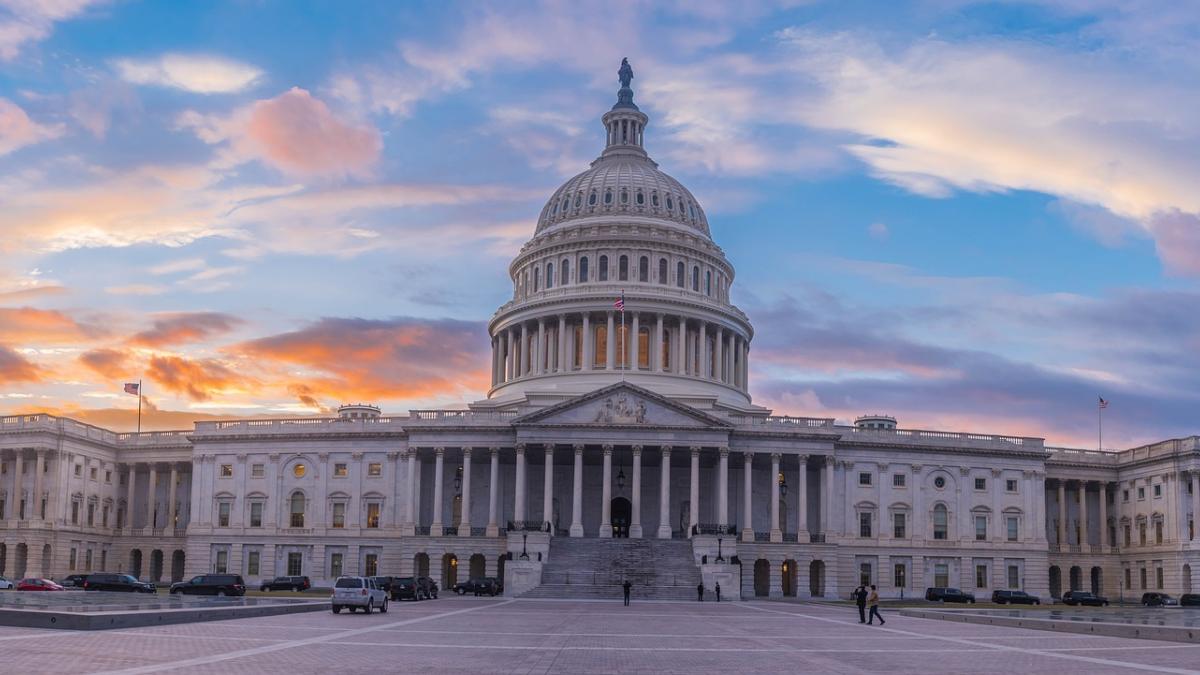CONGRESSMAN JOE MORELLE VOTES TO ENSURE FUNDAMENTAL RIGHT TO CONTRACEPTION REMAINS PROTECTED

Builds on action to safeguard women’s reproductive healthcare, prevent further attacks by U.S. Supreme Court
(Washington, D.C.) — Today, Congressman Joe Morelle took action to ensure access to safe contraception is protected by federal law. The Right to Contraception Act takes preventative steps to counteract future action by the Supreme Court to limit access to contraception, as indicated in the recent Dobbs decision overturning Roe v. Wade.
“The United States Supreme Court sent a clear signal when they overturned the 50-year precedent of Roe v. Wade: we can no longer rely on them to uphold our fundamental rights,” said Congressman Joe Morelle. “This moment in history calls on us to take immediate and decisive action and that is why today in Congress we passed legislation that ensures a woman’s right to safe, accessible contraception is federally protected—no matter what the Supreme Court does.”
While access to contraception currently remains protected by the Griswold v. Connecticut decision, the Supreme Court indicated in their recent decision to overturn Roe v. Wade that they may seek action to reverse precedent on other fundamental rights, including the right to contraception. By passing the Right to Contraception Act, the House of Representatives is taking preventative steps to protect access to family planning resources, regardless of any future decisions by the Supreme Court.
Specifically, the Right to Contraception Act would:
- Establish a right for health care providers to provide contraceptives, contraception, and information related to contraception;
- Allow the U.S. Department of Justice (DOJ), as well as providers and individuals impacted by restrictions on this right, to go to court to enforce these rights;
- Protect a wide range of contraceptive methods, devices, and medications used to prevent pregnancy.
This builds on action Congressman Morelle took last week to codify the provisions of Roe v. Wade into law and protect access to reproductive care by passing the Women’s Health Protection Act.
For more information on the Right to Contraception Act, read the full text of the bill here.
